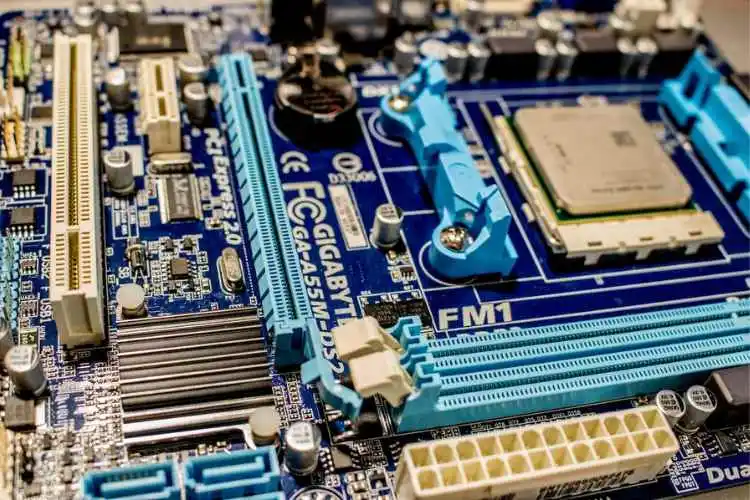Electrical test systems are crucial in various industries and applications to ensure the functionality, safety, and reliability of electrical components and systems. In this article we’ll go over some of the top industries that require thorough electrical test systems.
Main industries and systems that commonly use electrical test systems
Automotive industry
Testing Electronic Control Units (ECUs) for automotive applications is done to ensure proper functionality and compliance with industry standards.This includes testing batteries for electric vehicles (EVs) and hybrid vehicles to assess performance and safety.
Renewable energy
Testing inverters used in solar power systems and wind turbine controls verifies the electronic controls and components for efficiency and reliability.
Aerospace industry
Electrical test systems used in aircrafts for communication, navigation, and control is a must for well-functioning aircrafts. Wire harness testing is another key point, where testing ensures the integrity and functionality of complex wiring systems in aircraft.
Power generation and distribution
Testing power transformers ensures devices’ efficiency, reliability, and compliance with industry standards. Verifying the proper functioning of circuit breakers for power distribution systems is another key factor in the testing procedure.
Electronics manufacturing
Testing Printed circuit boards (PCBs) for continuity, functionality, and quality control during the manufacturing process is integral to producing quality hardware.
How electrical testing systems is vital for your business
Electrical test systems play a pivotal role in ensuring the quality and reliability of electrical components and systems during the manufacturing process. By identifying and rectifying defects early on, businesses can maintain a high standard of product quality, meeting or exceeding customer expectations.
Electrical test systems also contribute to safety assurance, particularly in industries where the malfunctioning of electrical components could have severe consequences. Compliance with industry standards and regulations is another crucial benefit, helping businesses avoid legal complications and ensuring that their products meet the required specifications.


